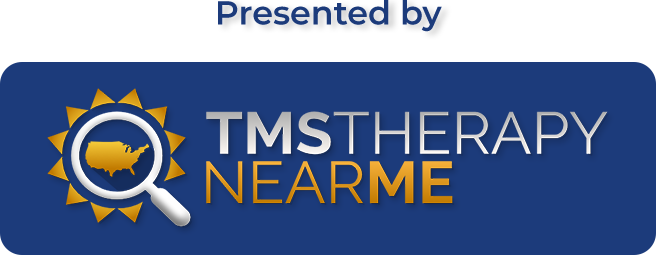The answer is yes! Sufficient evidence suggests that TMS is as safe in children as it is in adults. An open-label study of Transcranial Magnetic Stimulation (TMS) for adolescents yielded a 44% remission rate amongst participants aged 13-21 years old. The findings from this trial indicate that TMS may be an effective treatment option for adolescents with Treatment-Resistant Depression, offering hope for those who have not responded to other forms of therapy.
Even though side effects of TMS treatment can be present in Kids and Teenagers, the most common: headaches, scalp discomfort, and twitching have been proven to be mild and transient. Preliminary research studies conducted on older adolescents have revealed that Transcranial Magnetic Stimulation (TMS) does not cause any negative effects on cognition, with some evidence even suggesting that TMS may modestly improve verbal memory in this age group.
What Is TMS Therapy?
Transcranial Magnetic Stimulation (TMS) Therapy is a non-invasive treatment that uses magnetic fields to stimulate areas of the brain associated with depression. It has been proven to be an effective therapy for treating major depressive disorder, with a high success rate and minimal side effects.
TMS Therapy is a time commitment that requires patients to attend multiple sessions per week, usually five days out of seven. During these sessions, patients sit in comfortable chairs while the doctor applies magnetic pulses to their scalps. The pulses are designed to target areas of the brain responsible for mood regulation and can help reduce symptoms of depression such as low energy, difficulty concentrating, and lack of motivation.
The main benefit of TMS Therapy is its ability to provide relief from depression causing minor discomfort in the scalp area. With its high success rate, it’s becoming an increasingly popular form of treatment for people suffering from major depressive disorder.
What are the Pros of TMS Therapy?
The benefits of TMS therapy are numerous. It is a safe and effective treatment that does not involve the use of medications or other invasive treatments. It has also been shown to have long-term benefits for individuals suffering from mental health issues, it can help improve overall brain function.
TMS Therapy has been proven to be highly effective in treating mental health conditions with a high success rate. In addition, it is covered by most insurance plans which makes it an affordable option for those seeking treatment for their mental health issues.
Can Transcranial Magnetic Stimulation Therapy Help Teenagers and Kids With Major Depressive Disorder?
The answer is yes! Sufficient evidence suggests that TMS is as safe in children as it is in adults. An open-label study of Transcranial Magnetic Stimulation (TMS) for adolescents yielded a 44% remission rate amongst participants aged 13-21 years old. The findings from this trial indicate that TMS may be an effective treatment option for adolescents with Treatment-Resistant Depression, offering hope for those who have not responded to other forms of therapy.
Even though side effects of TMS treatment can be present in Kids and Teenagers, the most common: headaches, scalp discomfort, and twitching have been proven to be mild and transient. Preliminary research studies conducted on older adolescents have revealed that Transcranial Magnetic Stimulation (TMS) does not cause any negative effects on cognition, with some evidence even suggesting that TMS may modestly improve verbal memory in this age group.
What Are the Cons of Transcranial Magnetic Stimulation Therapy in Kids and Teenagers?
TMS Therapy it’s a good option for treating mental health diseases but it’s not for everybody. Among the cons that implicate this treatment encompasses the lack of approval by the FDA, so a standardized TMS treatment protocol has not been established for Kids and Teenagers yet.
Even though studies had been taken place in the United States, those are still small and we don’t have enough research so studies are limited and recent and we can’t be sure and aware of the long-term consequences in brain development.
Since each TMS session costs approximately $300-$500, it’s important to count on insurance coverage, otherwise, it could be extremely expensive.
To Conclude
TMS could be right for your child if…
- Has been diagnosed with major depressive disorder or any other mental health issue.
- Has been treated with treatment methods such as antidepressants and therapy which weren’t successful.
- Has presented any side effects from traditional methods.
- The illness is getting worse regardless of taking medications.
Despite the fact that depression currently has no cure, there are still different treatment plans available which can help those suffering from this mental illness to cope better. Even for those cases which appear hard to treat, these treatments may be able to positively impact one’s life.
Speak to your child’s doctor or health care professional to learn more about Transcranial Magnetic Stimulation and explore potential options that could bring remission to your child’s life. Find a TMS Provider near you today!

